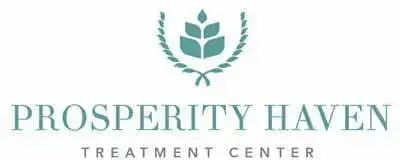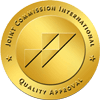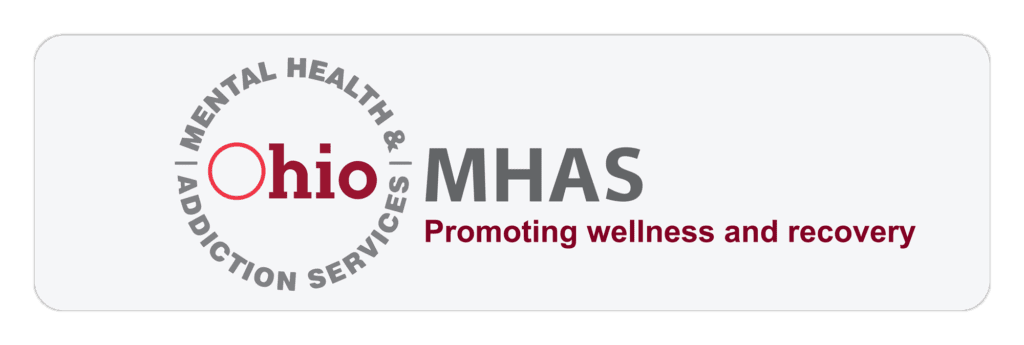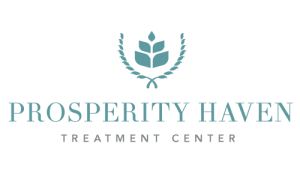Growing up with a parent who has an alcohol use disorder or any other substance use or addictive disorder is emotionally challenging. You may have not received the emotional support you needed, been overly or wrongfully criticized, had to suffer from lacking needs and wants, having to care for your parents when you were still a child, enduring physical or verbal abuse, and the list goes on. Even though you may intellectually know that your parents have a disease, the idea of getting to your heart may be difficult because of the trauma you had to endure. You know that your parents need professional help and your emotional support, but that support may be difficult for you to give. The key to overcoming the trauma of your parent’s alcoholic behavior to support him or her is to get help for yourself.
You cannot take care of another person unless you take care of yourself. Keep in mind that you cannot control your parent’s choices or behavior, but helping yourself and changing your interactions with them will have an effect. Regardless if your parent achieves lifelong recovery or not, you have to be able to find happiness.
Options for You to Get Help for Yourself
• Twelve-Step Programs
There are various 12-Step Programs that adult children off alcoholics can qualify. These include, but are not limited to, Adult Children of Alcoholics and Dysfunctional Families (ACOA), Al-Anon, Nar-Anon, Codependent’s Anonymous, and Emotion’s Anonymous. In these meetings, you will most likely meet other adult children of alcoholics or other loved ones of alcoholics, relate to them, and come up with common solutions for your problems.
• 12-Step-Alternative Programs
If the 12-step ideology does not work for you, there are numerous 12-step-alternative programs. SMART Recovery Friends and Family is one of the biggest 12-Step-Alternative organizations that has a program for friends and family members of those who struggle with substance use and addictive disorders. Local resources in your community may have independent support groups.
• Psychotherapy
Therapy is an excellent way to overcome childhood trauma. While it may be painful and a lot of work, it is worth it because you will be able to break free from the bondage of your past and have a better future. Support groups help by connecting to those you can relate to, but the other members of the support group and are not professionals, the focus of the meeting is not specifically you, and there may be certain subjects that are not appropriate to be brought up in meetings (e.g. details of sexual abuse). If you go to a therapist, and he or she is not for you, keep looking until you find one that you connect with. Most health insurance plans should cover at least a percentage of your psychotherapy costs. If not, most therapists will have a sliding scale.
• Religion/Spirituality
Many people find comfort in a religious or spiritual path that works for them. There is so much more out there than traditional Christianity, Judaism, or Islam. Many Eastern religions (e.g. Daoism, Hinduism, Buddhism), liberal religions (e.g. Unitarian Universalism and Episcopalian) and new spiritual movements (e.g. New Thought-Science of Mind aka Religious Science, New Thought-Unity Church, and New Age practices) are more down-to-earth and geared towards helping your soul. Find what works for you. Many people find giving up their past wounds to a Higher Power helps.
About the Adult Children of Alcoholics and Dysfunctional Families (ACoA) Program
The Adult Children of Alcoholics and Dysfunctional Families (ACoA) is a program specifically geared towards adult children of alcoholics, addictions, and other dysfunctional families. The program utilizes the 12 steps to help its members recover from the effects of family addiction and dysfunction. Even if you do not like the 12-step ideology of belief in a supernatural Higher Power, you can still get something out of the meetings by listening to others’ shares. Simply take what you can use and leave the rest. They believe that addiction is a family disease that ingrained unhealthy living and relationship patterns that perpetuated into adulthood.
In addition to the 12 steps, the program uses other conference-approved literature. The “Big Read Book” includes all of the suggested principles of the program. There are also various other books that include personal stories that you can relate to. ACOA meetings are not as common as AA or NA meetings, so you may not have one in your area. If that is the case, you can always buy the literature online and there are internet and phone meetings available.
Recovering from the trauma of your parent’s alcoholism will help you live a happier life and be in the best shape to support your parents through their recovery process. Rehabs in Columbus, Ohio are well-educated on resources to help the family heal. Contact one today at (440) 253-9915.







